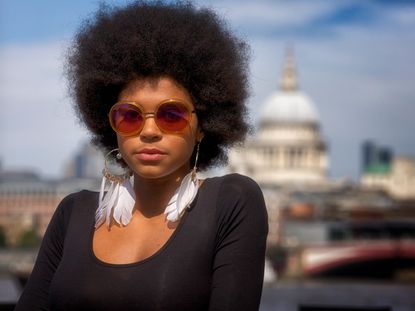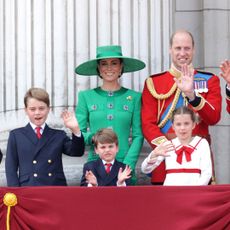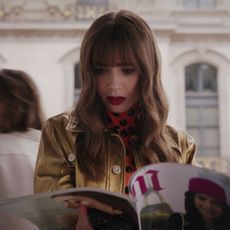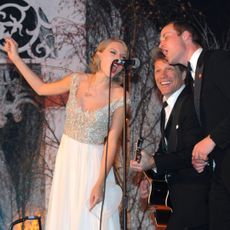'Don’t assume that I come from a ‘disadvantaged background’, or know anything at all about Kanye West'
As our #BREAKFREE from racism campaign continues, Isabel Adomakoh Young explains why she's tired of being called on to speak for all black women...

As our #BREAKFREE from racism campaign continues, Isabel Adomakoh Young explains why she's tired of being called on to speak for all black women...
So you're in the office, or at a lunch, in class, in a lecture hall, wherever. Race is the topic of the day and everyone present is white - except you. How soon will it be before half the room is glancing your way, or before your teacher/host/boss asks your opinion? Believe me, not long at all.
Being half Ghanaian half English and going from private school to Cambridge, I’m very used to being the only person of colour in whichever room I walk into. The systems that cause this are what I’m now working to change, from building better accessibility to top universities to boosting under-heard voices wherever possible.But even while trying to make change, I find I’m expected to speak for black British women, all black women, or all women of colour. Back at school it was sometimes even all people of colour.
Now while I’m obviously honoured to find my opinions sought, knowledge respected, and experiences heard, I’m incredibly wary of allowing my limited self to signify any more than a tiny part of a complex whole.
Just a few days ago I received an invitation to join a feminist theatre group because they were worried that as slim, well-educated white women they didn’t reflect their own politics. If I wasn’t free, did I know any other 'People of Colour' who were? As much as I appreciate the intention here, I am not window-dressing. If what you want is the talent and skill I can bring, then great. If you want me to up your feminist street cred, please move on. The thing is, my story is unique to me. Don’t assume, for instance, that I come from a ‘disadvantaged background’, or have experienced hate speech, or know anything (literally anything at all) about Kanye West. I didn’t, I haven’t, and I don’t. And that doesn’t make me any less black, it just means we need to broaden our conception of what black is.
Since intersectional feminism is finally (gradually) reaching the mainstream, lots of organisations are trying to be more inclusive - they invite people with various minority identities to bring ‘your story’ to events, publications and performances. But without people of colour at the decision-making level, there’s a huge risk of tokenism.
That said, is it really that productive to pick holes in people’s efforts to improve representation? Maybe not, but improvement without the right motives is hardly improvement at all.
Marie Claire Newsletter
Celebrity news, beauty, fashion advice, and fascinating features, delivered straight to your inbox!
In a recent interview TV-makers Campbell X and Nadine Marshall-Edwards outlined how when they, as women of colour, try to create work that isn’t about violent, poor, over-sexualised black characters, decision-makers aren’t interested. Nuanced portrayals don’t fit with the executives’ preconceptions. This is a shame. If black artists are commissioned, society needs to accept that they will bring more than solely their colour to the table - and it might not be quite what you expect.
Society’s default may be white maleness but we have many more quirks than just being female and black.
Follow Isabel on Twitter: @isabel_ay
Read more about our #BREAKFREE campaign here.
The leading destination for fashion, beauty, shopping and finger-on-the-pulse views on the latest issues. Marie Claire's travel content helps you delight in discovering new destinations around the globe, offering a unique – and sometimes unchartered – travel experience. From new hotel openings to the destinations tipped to take over our travel calendars, this iconic name has it covered.
-
 A rare interview with a former royal aide about working for the Mountbatten-Windsors is going viral
A rare interview with a former royal aide about working for the Mountbatten-Windsors is going viralBy Jenny Proudfoot
-
 Fans are convinced that Lily Collins just dropped a major clue about Emily in Paris season 4
Fans are convinced that Lily Collins just dropped a major clue about Emily in Paris season 4By Jenny Proudfoot
-
 Prince William's hilarious words about singing with Taylor Swift are going viral
Prince William's hilarious words about singing with Taylor Swift are going viralBy Jenny Proudfoot